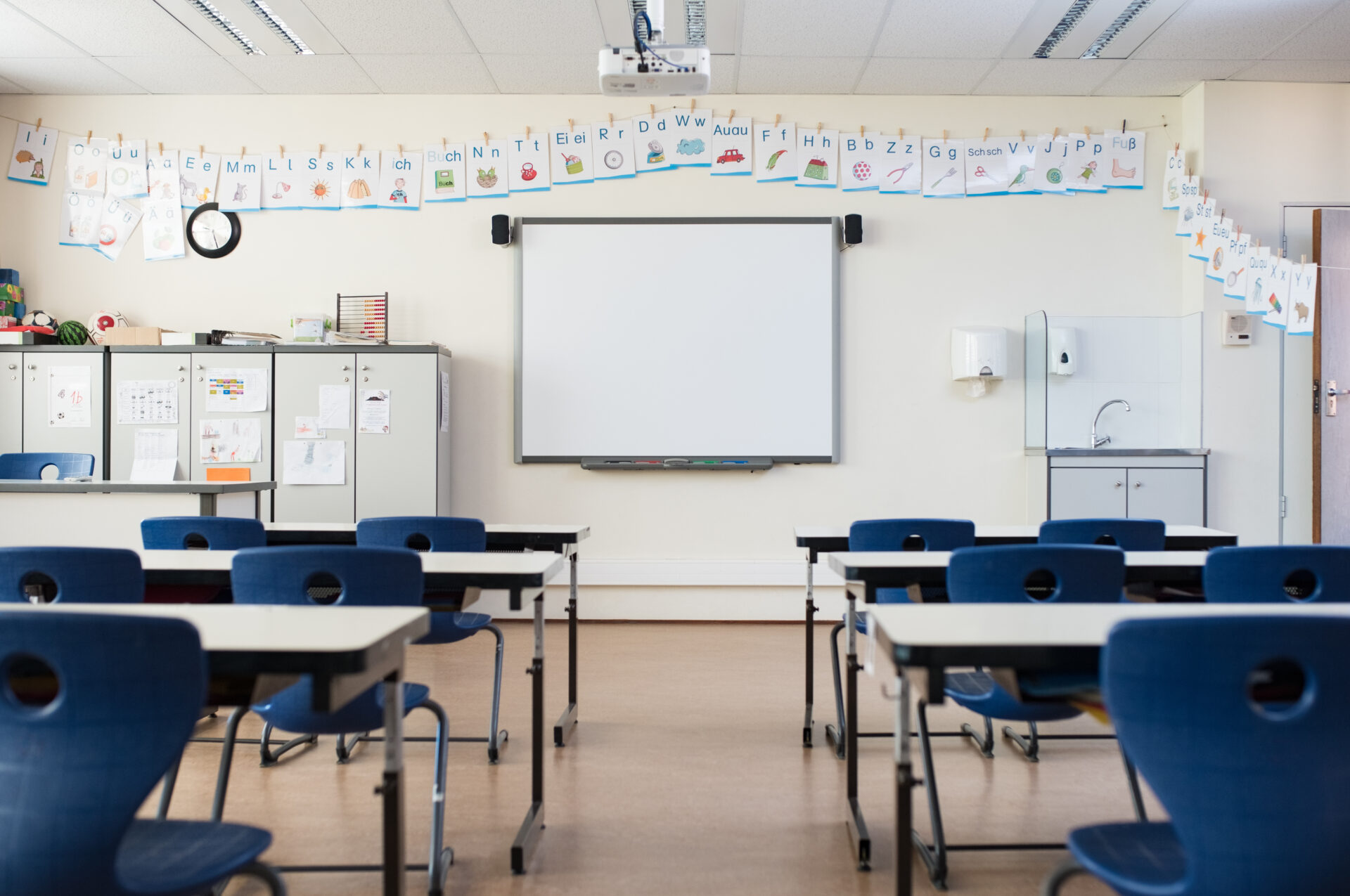West Virginia teachers have become increasingly more likely to leave the profession, according to the latest survey of West Virginia Education Association members.
Dale Lee, president of the WVEA, shared results Tuesday and said the survey was conducted to gauge levels of frustration amongst association members. He said the survey showed low pay and a lack of respect for the profession are leading to higher stress and burnout.
“More than half of our members, 62 percent, reported experiencing higher levels of stress and burnout than in previous years, with 26 percent saying that their level of burnout is at its highest level ever,” Lee said.
The higher levels of burnout and stress are leading to more educators to consider leaving the profession. Lee said while more than half of respondents are confident they will continue working in education, “nearly half of them say that they are much more likely to retire or leave education earlier than planned.” The results were broken down by tenure, and newer educators were more likely to consider leaving.
“We already have a problem with attracting and retaining education employees,” Lee said. “And this poll indicates that without changes, the problem will only get worse without significant action.”
Lee raised concern about the ongoing teacher shortage, citing the West Virginia Higher Education Policy Commission to say there has been a 14 percent reduction in the number of students entering the education programs, as well as a lack of students seeing education as a career.
“You can see the staffing issues will continue to grow if something isn’t done to address these concerns,” he said.
Other results included a disapproval of public funds being used for private education: 85 percent of WVEA members said taxpayer funding for education should only be used for our public schools. And more than 70 percent of respondents said they were dissatisfied with their working conditions.
“In all instances, the dissatisfaction is overwhelming,” Lee said. “Now keep in mind that the working conditions over educators are the learning conditions of our students.”
Turning to solutions, Lee highlighted two interesting results of the survey. When asked to indicate support for different proposals to address education burnout, such as allowing teachers more input in the classroom decisions by eliminating the bureaucracy, 100 percent of respondents chose “raise salaries” and “increase educator respect”.
According to the National Education Association, West Virginia ranks last among U.S. states in average teacher pay.
“Our pollsters indicate that it’s very rare to have such a consensus on two items in a poll,” Lee said.
Lee says he hopes to present the survey findings to both the Senate and House education committees, and work with them on solutions.
